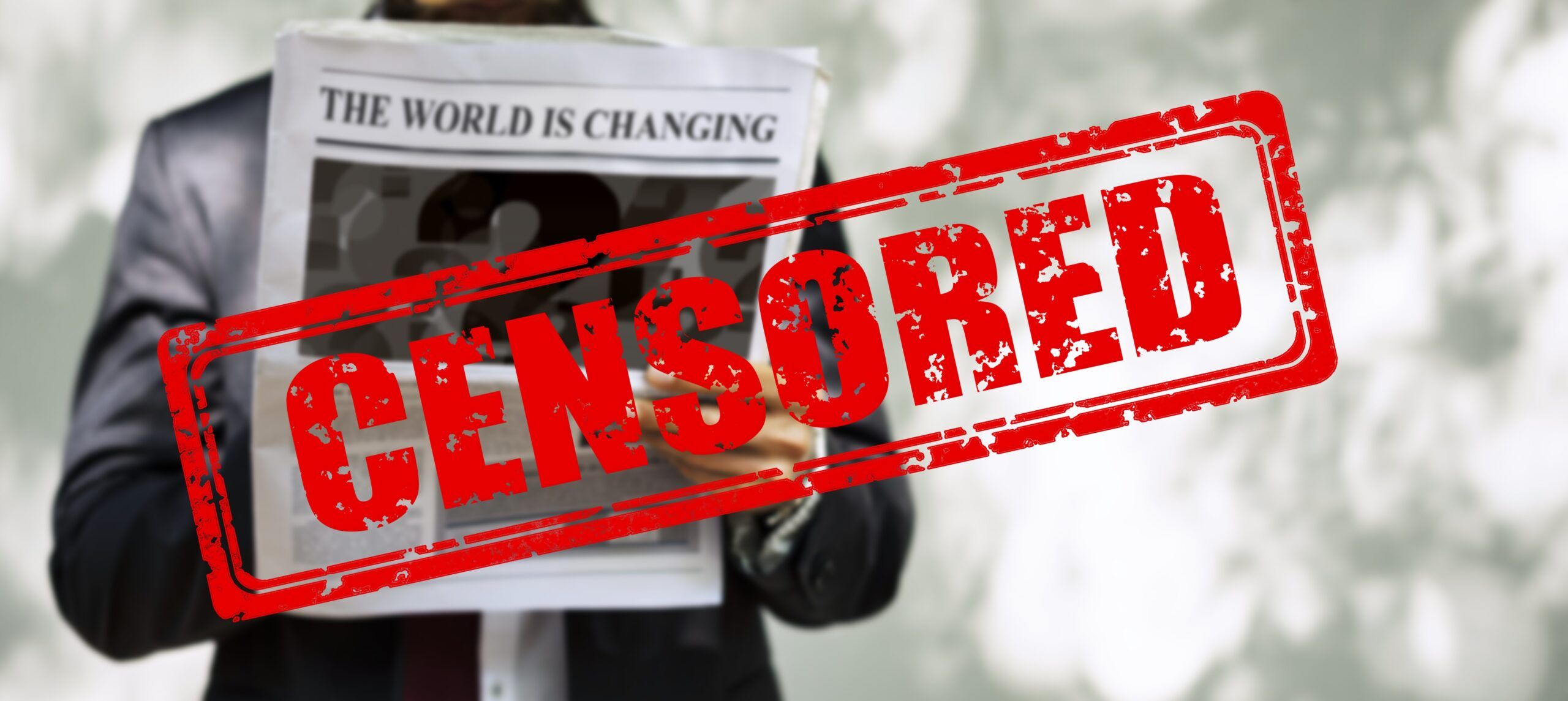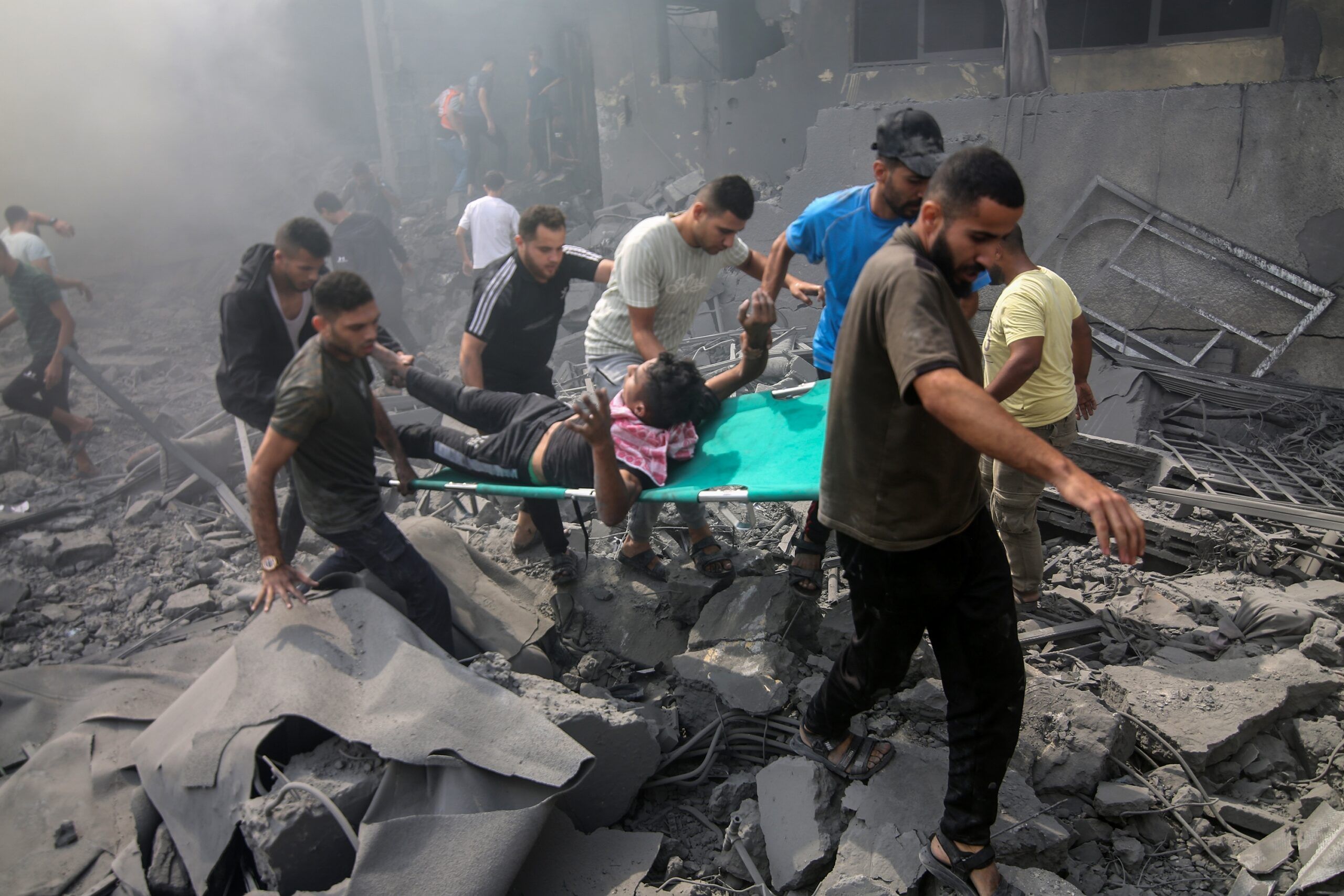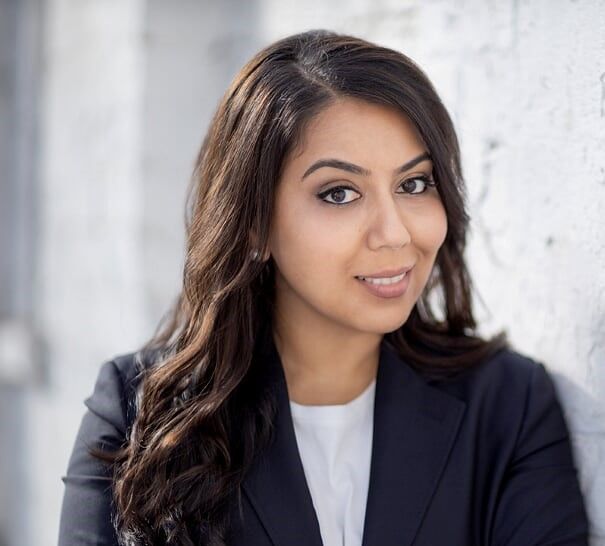In recent weeks, concerns have escalated over the apparent challenges faced by journalists working across mainstream news outlets in Australia when reporting on the Israel-Palestine conflict.
Media insiders tell BACKCOVERNEWS.COM that some reporters have allegedly faced challenges and, in certain instances, experienced attempts at censorship by their editors while covering the ongoing conflict in the Middle East.
Australia has a long-standing tradition of press freedom, a cornerstone of democratic societies. However, several incidents have raised questions about the extent to which journalists are able to freely report on the complex and sensitive issues surrounding the Israel-Palestine conflict.

One unnamed journalist, who chose to remain anonymous due to fear of reprisal, exclusively told BACKCOVERNEWS.COM they faced recent pressure from top-level executives at one of Australia’s leading news organisations.
According to the journalist, editors sought to influence and manipulate the narrative surrounding their coverage of the Israel-Palestine conflict. They were allegedly instructed to adhere strictly to a “Pro-Israel” agenda, a directive that not only compromised journalistic ethics but also ignored established standards.
This incident raises concerns about editorial interference and the erosion of journalistic integrity as some editors appear determined to assert control over the information being disseminated to the public.
Media organisations and press freedom advocates have expressed concerns, emphasising the importance of unbiased reporting and the need for journalists to operate without fear of censorship.
Media Diversity Australia said it has been contacted by several culturally diverse journalists in recent weeks who have expressed concerns over an alleged lack of psychological safety within newsrooms and pressures they face over the reporting on Israel and Gaza.
“As an organisation chmpioning media diversity for culturally diverse journalists, we stand in solidarity with and have urgent concerns for journalists scattered across several different Australian newsrooms who have expressed that they feel censored, intimidated and psychologically unsafe,” the organisation said in a statement on Wednesday.
“One journalist said, ‘I have seen things in the Palestinian territories that I cannot report on because it does not fit the newsroom’s rules. I have seen the occupation of Palestinians first-hand, and yet I cannot say that that is what is occuring. We are not being balanced and accurate in our reporting if we are only allowed to tell one side of the story’.”
Since the start of the Hamas-Israel war, at least 21 journalists have lost their lives, with the majority occurring during Israel’s attacks on Gaza, the Committee to Protect Journalists (CPJ) says.
Data from CPJ shows that as of Thursday, 17 Palestinian, three Israeli, and one Lebanese journalist had died following the outbreak of hostilities when Hamas militants attacked Israel on October 7.
These fatalities were further exacerbated by ongoing bombardments in Gaza by Israel.

The Gaza Health Ministry reported a grim milestone in the ongoing conflict between Israel and Hamas, with the Palestinian death toll now surpassing 11,000 people.
Israeli attacks have on average killed 320 people every day in Gaza since October 7
This figure, mostly made up of women and children, marks an unprecedented level of casualties in decades of Israeli-Palestinian violence, according to the Japan Times.
Simultaneously, over 1,400 people on the Israeli side have lost their lives, primarily residents who fell victim to the initial attack, representing another record-breaking statistic in the conflict.
The CPJ said the problem was not limited to Australia, as journalists from international outlets including the BBC have also reported obstructions to their reporting, which has made objective reporting on the war “exceptionally challenging”.
The security cabinet of Israel this week approved regulations that will allow the government to shut down foreign broadcasters who “harm national interests”.
On October 30, Rolling Stone magazine claimed the Israeli government denied a press credential to one of its journalists who has covered Israeli Prime Minister Benjamin Netanyahu’s administration critically.
Amnesty International said it has received concerning reports indicating an overbroad censorship of content from Palestinian accounts and advocates of Palestinian rights on several social media platforms.
“As Israel intensifies its unprecedented bombardment of Gaza that has killed over 7,000 people, most of whom are civilians, we are extremely concerned by reports of partial blocking and removal, known as ‘shadowbanning’, of content from advocates of Palestinian rights,” said Rasha Abdul-Rahim, Director of Amnesty Tech.
As the situation unfolds, there is a growing sense of urgency among journalists and media organisations to address the challenges they face when reporting on the Israel-Palestine conflict.
The outcome of any investigation and subsequent actions taken by the government will likely have a significant impact on the state of press freedom in Australia and the ability of journalists to cover global conflicts without fear of reprisals.

